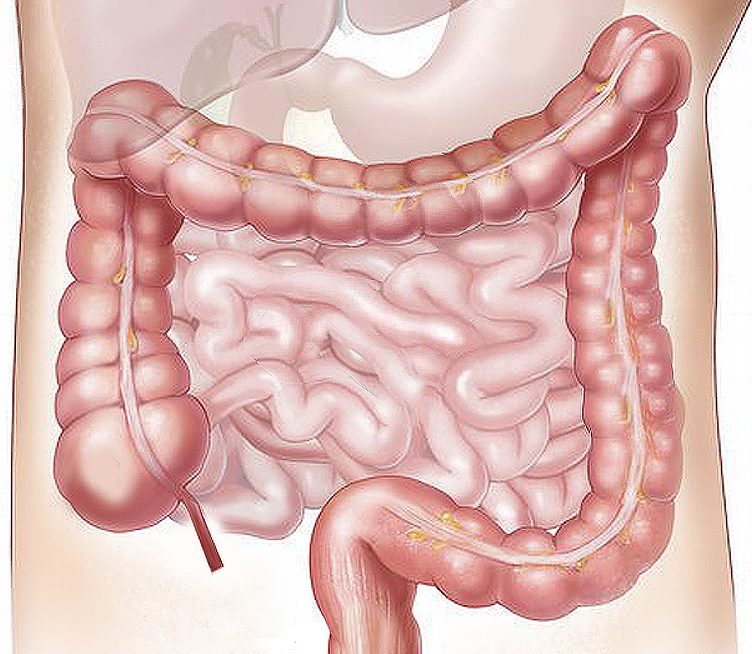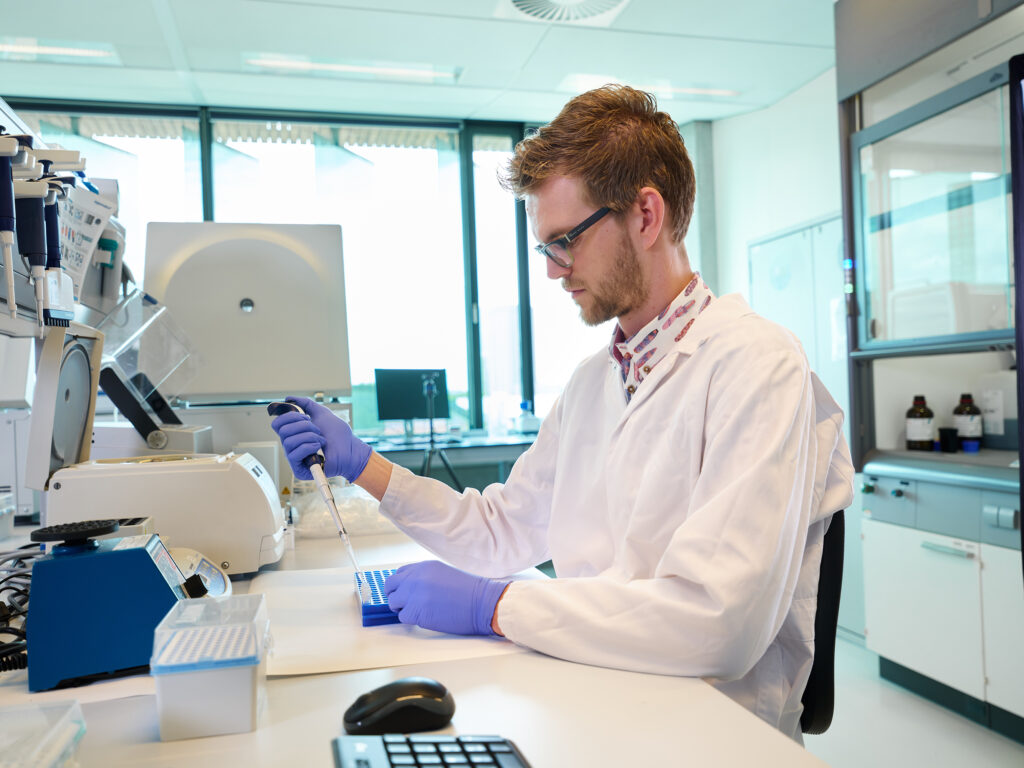DR-132 ctDNA analysis to monitor response to neoadjuvant chemoradiation in esohageal cancer patients
“After treatment with a combination of chemotherapy and radiotherapy for esophageal cancer, the current standard treatment is to continue with resection. However, in circa 20% of patients, no vital tumor cells are found in the resection specimen. On the other side, circa 10% of patients develop metastases shortly after esophageal resection. These patients could have possibly been spared esophagus resection. A nation-wide study, initiated by the department of surgery of the Erasmus MC, is currently recruiting patients (the SANO study, PI prof. dr. van Lanschot) and aims to clarify the role of esophagus resection in patients with no radiological or pathological (on biopsy) evidence of disease after pre-operative chemoradiation. A rapidly developing minimally invasive method to improve detection of minimal amounts of tumor cells or fragments could help to identity those patients in whom true cure has been accomplished. Therefor, we are currently biobanking blood of the patients in the SANO trial to serially measure tumor DNA in the blood
To come to a comprehensive panel of genetic variants to be measured in the blood, we wish to incorporate the genetic variants found in the metastases of esophageal cancer patients, as these variants are expected to be the drivers of resistance to treatment and disease recurrence. Also, we want to explore the genetic characteristics of metastases of esophageal cancer.
Discovering new genetic variants in metasatses that have not been identified in primary tumors could lead to new therapeutic approaches. Optimizing the blood assay could lead to a new and minimally inavsive means to monitor tumor response.”
Bianca Mostert Erasmus MC The Netherlands
Terug naar nieuwsMeer nieuws

Kennis DNA-afwijkingen neuro-endocriene tumoren komt patiënt ten goede
Onderzoekers hebben een belangrijke stap voorwaarts gezet bij het onderzoeken van DNA-afwijkingen in neuro-endocriene tumoren (NET) van de dunne darm. …

Standpunt Zorginstituut onderstreept belang van WGS in de oncologie
Het Zorginstituut Nederland (ZiNL) heeft besloten dat whole genome sequencing (WGS) vanaf nu wordt vergoed uit het basispakket, om vast …

DNA-analyse voor therapie op maat
27 februari 2019 Mensen met een minder voorkomende kankersoort en patiënten die zijn uitbehandeld komen mogelijk in aanmerking voor een …

Een complete DNA-test biedt bij patiënten met PTO de extra mogelijkheid om erachter te komen waar de kanker is begonnen. Hierdoor wordt vaak de primaire tumor toch gevonden. Daarnaast geeft de test vaak aanknopingspunten voor een gerichte behandeling.